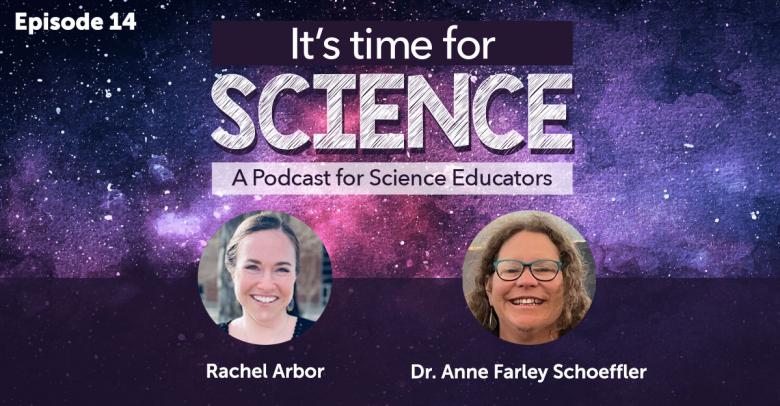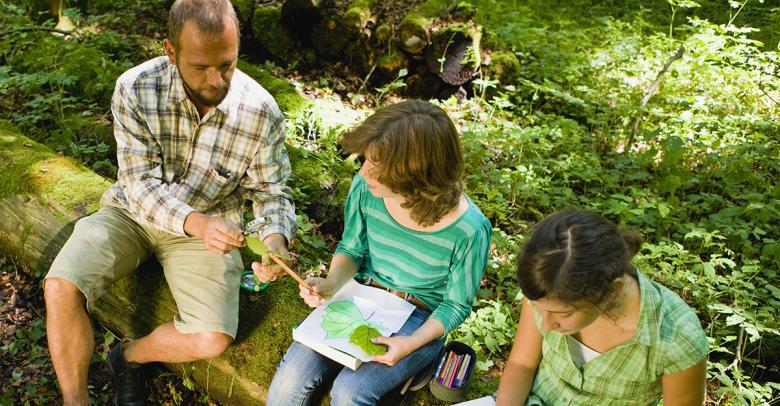Biology is not your basic science course. The term is derived from the Greek word bios, meaning life, and the suffix –logia, meaning study. An education in this natural science involves the study of all living things, including microorganisms, fungi, plants, and the many different animals that inhabit the earth; a biology course introduces students to everything from bacteria to Homo sapiens. It offers a peek at their structure, function, evolution, and growth cycles. Consider what a biology education can offer your students.
Topics Covered in Basic Biology Education
Biology education generally focuses on five basic principles. Cell theory is the first. Cells are the fundamental units of life for all organisms and all living things are composed of at least one cell. Many biology courses start with the most basic life form—the single-celled organism—as a teaching model to demonstrate how cells divide and the internal mechanisms that allow them to thrive, such as the mitochondria.
The next step in the teaching cycle is gene theory, which introduces students to chromosomes and DNA. From there, educators discuss how genetics change in the form of mutations to allow different species to adapt. Homeostasis is a critical part of evolution and one of the core studies in biology. Homeostasis is the ability to maintain a constant internal environment as a response to outside stimulus. As the environment changes, organisms evolve to maintain homeostasis.
An introduction to thermodynamics teaches students about energy and how it applies to life. It discusses why energy transformation is not a completely efficient process.
Moving Beyond Biology
Basic biology serves to open up doors to advanced sub-disciplines of life sciences. A student that excels at biology may enjoy fields like zoology or anatomy. Sub-disciplines of biology include:
- Botany – the study of plant life
- Zoology – the study of animals
- Anatomy – the structure of organisms
- Genetics – the study of genes and genetic variations
- Physiology – the functioning of living organisms
- Marine biology – the study of ocean ecosystems
- Nanobiology – how nanotechnology can influence biological functions
There are as many as 30 subdivisions that all begins with an initial biology education.
Biology vs. Life Sciences
At the academic level, these terms are often interchangeable, but life science is a more comprehensive category. It refers to all fields of science that involve the study of living organisms—including biology. Life science also covers topics like agriculture, biomechanics, toxicology, and all branches of medicine from cardiology to veterinary medicine.
Any student with an interest in science might enjoy a biology education both in the classroom and through lab exercises. Students that excel in the study may go on to learn more by taking classes in one of the subdivisions.
More Science Classroom Space Tips & Ideas
Whatever you need for your science space, you can find it on the School Specialty online store.
For more resources on stocking microscopes in your science lab, or fun lesson plan ideas for young science learners, be sure to visit the STEAM/STEM topic page on the blog.






Leave a Reply